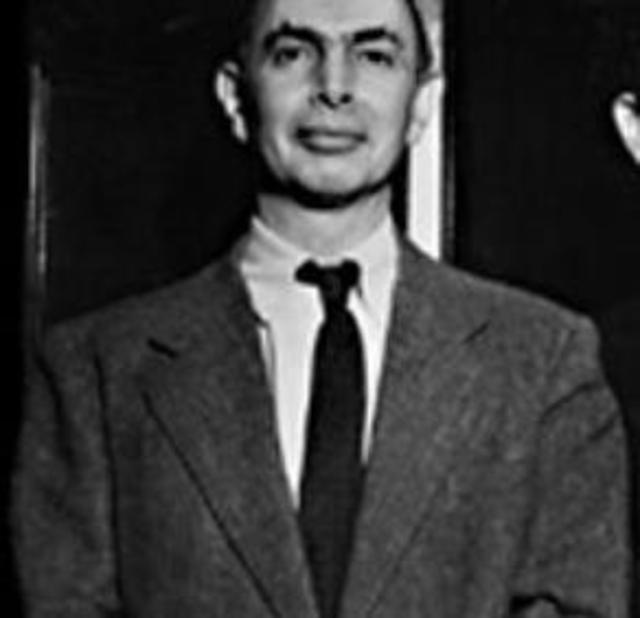Paul Ackerman

For three decades, from 1943 to 1973, Paul Ackerman served as music editor of Billboard magazine. His tenure in this post coincided with the birth of rock and roll. Among the first journalists to champion this new music form, he recognized in it the roots of earlier musical traditions. A longtime fan of rural blues and country idioms, and an academic scholar versed in European and American civilization, he wrote and reported on popular music of all types. "Music is the most important of our arts," he proclaimed, "because it cuts through every facet of show business." Ackerman helped insure that popular idioms were taken seriously from the mid-20th century onward.Paul Ackerman was born in New York City in 1908. He studied at the College of William and Mary, and at Columbia University. He recieved a master's degree in English. He spent 47 years at Billboard, where he charted the rise of rhythm & blues, country music and rock and roll, recording their impact upon the world of popular music. This he did with uncommon integrity and what Jerry Wexler of Atlantic Records termed "righteous intolerance" for hype. "He believed there was a genuine place for real editorial content in the trade paper," Wexler said in his eulogy to Ackerman. "He was a deadly reporter and superb writer." Wexler added that "in Paul's musical iconography, two came before all the others: Ralph Peer and Frank Walker. They went with the portable equipment to the Smokies and the Delta and the Savanna and the Piedmont and cotton bottoms, and they found Ma Rainey and Bessie Smith and Jimmie Rodgers and Robert Johnson and Hank Williams. This was the music Paul loved the most, because it was the true beginning, the early strain." Under Ackerman's tutelage, Billboard became the music industry's premier trade publication.Paul Ackerman died on December 31, 1977. He received numerous awards as a musical journalist and scholar, including his posthumous induction into the Rock and Roll Hall of Fame.